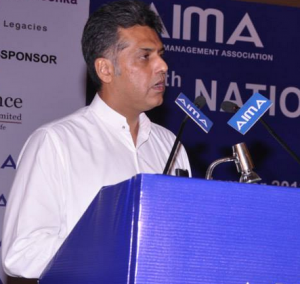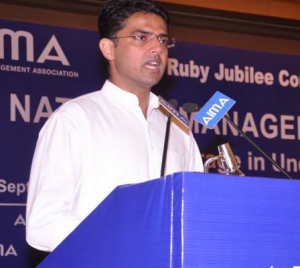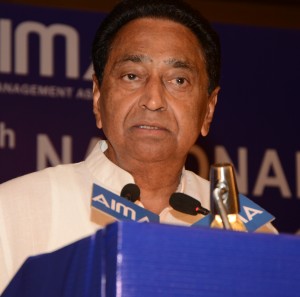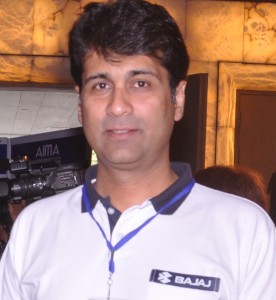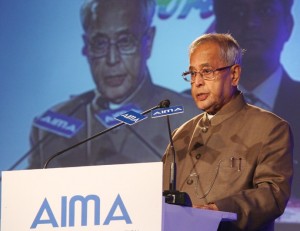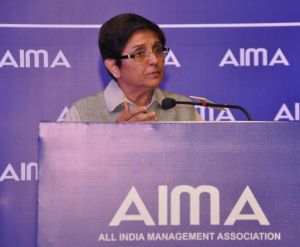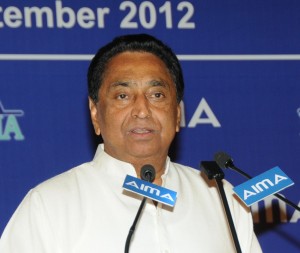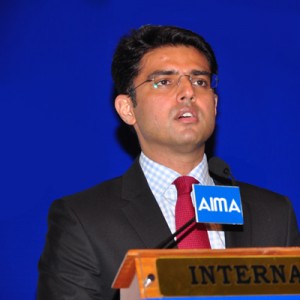First of all, I would begin by thanking Mr.Goenka for his extremely kind words, and yes, there is a certain sense of dejavu. I had the privilege of being part of the AIMA proceedings last year this time in Mumbai and I must say it was an extremely invigorating experience to interact with such bright and ignited minds from all across the country.I also take this occasion to congratulate AIMA on its Ruby Jubilee.
It takes a lot of perseverance to build institutions and I think, the successive leaderships of AIMA have persevered and have been able to create this into an institution, which is not only very widely respected but adds value not only to the managerial resources of this country but to the broader national canvas of interaction which in any democracy serves as a very important input to invigorate and enrich our discords as we try and move from one milestone to another.
If we were to go back to 1991, when the Indian economy started opening up or liliberalizing some people say under the force of circumstances, others would tend to believe that it was a logical conclusion or a logical continuation of the policies which have been put in place by the government of Late Prime Minister, Mr. Rajiv Gandhi, from 1985-89.But 1989-91 were extremely cataclysmic years for the world. The Soviet Union was collapsing, east Europe was transforming and a lot of strategic thinkers around the world and in that broad sweep, including economists as well, were proclaiming and declaring that this was the end of history. Continue reading

